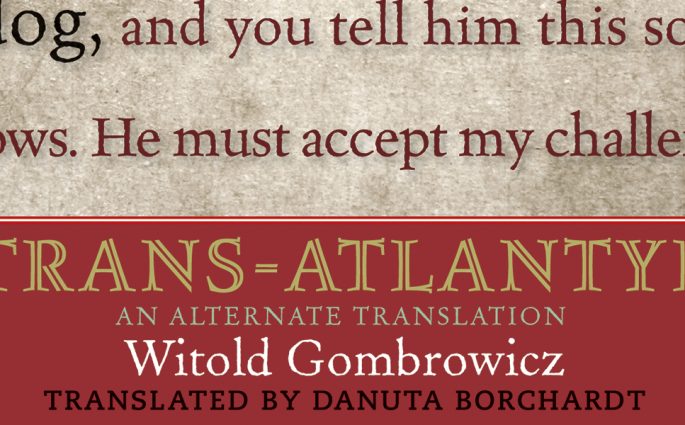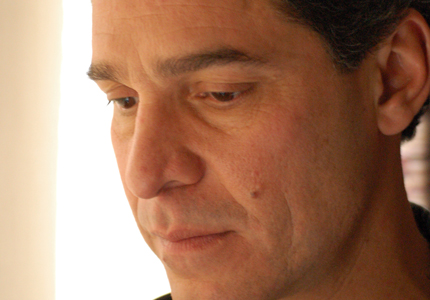Yale Press Podcast: A Conversation with Tim Parks
Shortly before his death in 1837, Giacomo Leopardi, a prolific Italian writer, translator, and thinker, began to organize a small, thematic collection of his writings in an attempt to give structure to his philosophical musings. This collection, culled from his 4,500-page diary, Zibaldone, provides a fascinating introduction to the arguments





Thoreau: Fully Annotated
In a month, it will have been ten years since Jeffrey S. Cramer published Walden: A Fully Annotated Edition. Cramer has had a prolific and successful decade, editing numerous volumes on Henry David Thoreau and racking up awards and praise. In 2012, radio host Jim Fleming said that Cramer “may know
Continue reading…